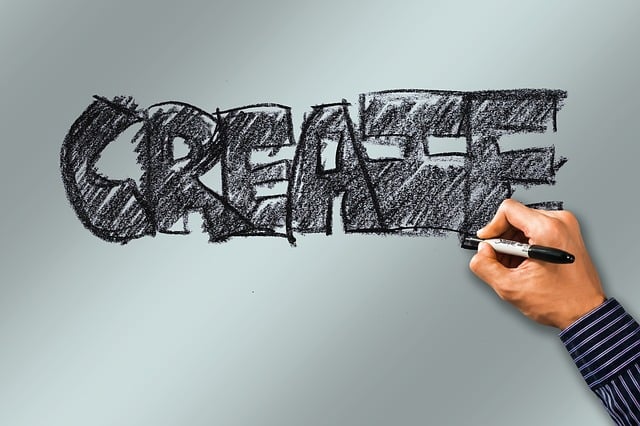How to Recreate Yourself and Transform Your Life
Life is a journey of constant growth, and the ability to reinvent yourself is the key to unlocking new opportunities. Recreating yourself isn’t just about change—it’s about discovering your true potential, breaking free from limitations, and evolving into the best version of yourself. Whether you're looking for a fresh start, a mindset shift, or a complete transformation, the power to reshape your future lies within you.


KEYS TO POWER
Your inherent traits are just the foundation of who you are. Beyond what you’ve inherited, the influences of your parents, friends, and peers have played significant roles in shaping your personality. It’s time to seize control of this process and actively define yourself. Embrace the opportunity to reshape your character into one of power. Think of personal development as a vital artistic endeavor—one of the most rewarding tasks you can undertake, allowing you to mold your identity as an artist shapes their work.
The idea of self-creation has long been a privilege of the powerful. For centuries, only kings and courtiers had the ability to shape their public images and determine their identities. The majority of society has often found themselves confined to roles dictated by social norms, not realizing their immense potential for self-definition.
A remarkable shift in this dynamic is captured in Velázquez's painting La Meninas, created in 1656. Here, the artist positions himself prominently on the left, deeply engrossed in his work while facing away from us. Next to him, a princess, her attendants, and a court dwarf observe, while the king and queen of Spain are subtly reflected in a mirror, just outside the frame.
This painting signals a groundbreaking change in how power and self-definition intersect. Velázquez asserts himself as a figure of significant influence, demonstrating that he has risen above the role of a dependent artist. His transformation from subservience to authority paved the way for others. Artists and writers were the first to openly engage with their public images beyond the aristocracy, followed by dandies and bohemians. Today, the ideal of self-creation encourages everyone to claim the power to define their own identity.
To embark on this journey of self-creation, start with self-awareness—recognizing yourself as the central actor in your life. Take charge of how you present yourself and manage your emotions. As Diderot noted, those who lack emotional control can come across as insincere. Instead of wearing your heart on your sleeve, master the art of emotional projection. Effective individuals know how to express sincerity and connection without always relying on genuine feelings in every moment.
Cultivate your self-control. Like an accomplished actor who can adjust their expression to fit the emotion required for a scene, you too can learn to adapt your responses and demeanor to suit various situations.
Next, commit to crafting a memorable character—one that commands attention. Abraham Lincoln serves as an exemplary model here. He portrayed himself as the relatable, homespun leader that the American public yearned for. Many of these qualities were intrinsic to him, but he amplified them through his attire and distinctive beard, effectively making history. Lincoln was also a pioneer in utilizing photography to project his image, establishing the powerful icon of the "homespun president."
Remember, personal development demands more than a captivating appearance or a single standout moment; it is a process that unfolds over time. Cultivating rhythm and timing is essential. One of the most engaging aspects of storytelling is suspense. Houdini, for example, could complete his escape acts swiftly, yet he deliberately prolonged them to heighten audience anticipation.
To keep people engaged, focus on your pacing—allow events to unfold gradually, then accelerate at key moments to maintain interest. Great leaders, from Napoleon to Franklin Delano Roosevelt, have honed the art of timing to captivate their audiences. Roosevelt, particularly during his 1932 presidential campaign, understood the critical importance of strategically orchestrating political events, especially during a time when the nation faced a severe economic crisis.
By confidently taking these steps toward self-creation, you empower yourself to define your own narrative, cultivate your identity, and engage meaningfully with those around you. Embrace this journey as your own and watch your transformation unfold.
